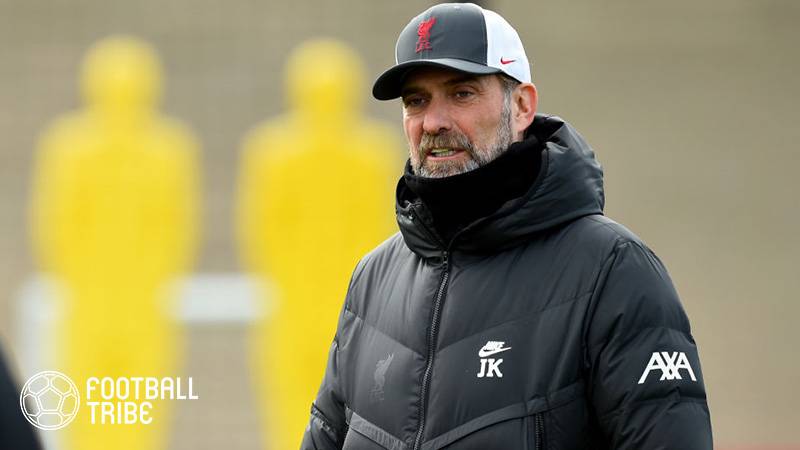
Depending on which club one is talking about, loyalty, or the lack thereof, towards managers can ultimately prove dangerous. As can be seen in the case of Chelsea swerving definitely towards a distinct lack of loyalty to their managers under the reign of former owner, Roman Abramovich.
On the other end of the scale, there is also the almost blind loyalty that is shown towards a particular manager, as is the case of Graham Potter, again another Stamford Bridge example. And this despite the horrid long run of defeats suffered under the new Chelsea manager whose sun once shone so brightly over the skies at Brighton.
Then again, oftentimes the loyalty does pay off – as is clearly exemplified by how Arsenal are now handsomely reaping the bountiful rewards for standing by Mikel Arteta when his seas were undoubtedly stormy when he began his first stint as full manager of an established football club on his own steam.
Regardless, and more pertinently, football’s scenarios are ever-changing and move more rapidly than you can bat an eyelid – which means difficult decisions must be made on the go all the time, especially when it come to regarding the player entrenched for too interminable a period in the dugout.
With the exception of Pep Guardiola, Jurgen Klopp would the manager who probably has more surplus in his account with his club than he would need to offset the dark, stormy days he would encounter in his tenure with said club. The German tactician has understandably endured a difficult season as Liverpool boss and while he isn’t anywhere close to being served his marching papers, it’s definitely worth weighing whether or not he is complicit to the weighty problems descending on the Reds at Anfield.
Undoubtedly Klopp has so much credit in the bank with both his employers and Liverpool fans that he seems to have escaped scrutiny.
While this is clearly the man who has put the club back on the route to glory for the last few seasons, yet admittedly some of his decisions this season have led in no small way to the horrendous predicament Liverpool currently find themselves in – sitting glaringly, and most awkwardly, eighth in the Premier League table and now also seemingly on their way out of the Champions League after a humiliating 5-2 drubbing from an ecstatic Real Madrid in Tuesday’s last 16 first leg. So is Klopp totally blameless for this turnaround and free-fall from the azure heights of glory of the previous season?
Much has been said of his own obdurate loyalty towards some of his most experienced players resulting in the ageing look of Liverpool as a team this season as the likes of Jordan Henderson, Fabinho and Thiago Alcantara feature regularly and unquestionably as starters in all matches despite the clear warning signs that Liverpool are in dire need of fresh energy in the center of the pitch.
To exacerbate this, Klopp has also not been successful in finding a way to control matches when his ageing players lack the energy to counter-press as they used to effortlessly. This obviously has left his defence vulnerably exposed, as was clearly demonstrated by the way Real Madrid repeatedly blitzed through the porous Liverpool backline as they rifled in 5 goals at a hapless and clueless Anfield on Tuesday.
Questions are now swirling around Klopp’s trademark ‘Gegenpressing’ rapid-fire style of play that the Reds are now clearly unable to keep up with. While Klopp was able to keep pace for a few stellar seasons with the elite managers like Sir Alex Ferguson and Pep Guardiola who remarkably were able to evolve with time to stay at the top, the German tactician has yet to show his durability.
The worst case scenario would be Klopp failing to recapture his old magic and his Liverpool career traverses the same inglorious path Arsene Wenger’s did in his last days at Arsenal.
Despite having been, and still is a legend at Arsenal, Wenger undoubtedly achieved incredible success with the North London club, but the sentiment is that he stayed a tad too long. The brilliant Frenchman unfortunately compromised his own legacy by obdurately refusing to step aside and make way for the next generation while Arsenal themselves were perhaps unsure about letting go of one of probably the most significant figure in the club’s history – which only served to culminate in a painful parting.
Liverpool must now ensure history is not replicated and that they don’t produce their own Wenger.
